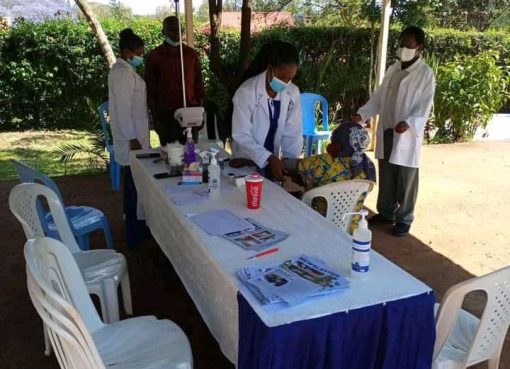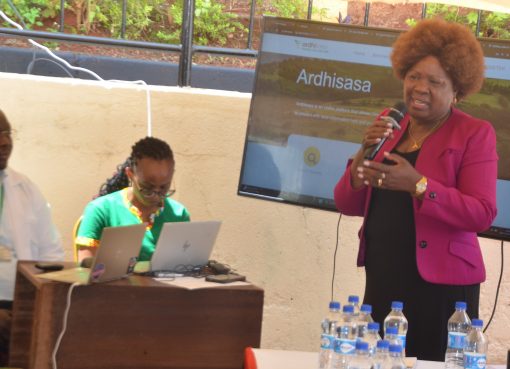The donkey, commonly referred to as the beast of burden, has grown to be the best friend for 82 women groups in Kitui county since the beast makes them put food on the table and provide for their families.
However, following an upsurge in the demand for donkey meat and hides the women’s livelihood has adversely been affected because their donkeys are stolen and slaughtered in the bush.
The women group has been using donkeys for transportation of goods from one point to another within Kitui County and this has greatly impacted on their livelihoods.
Donkeys pull carts carrying sacks of farm produce mostly within Mwingi town and the animals are also used in ploughing fields during rainy seasons.
The beast comes in handy for the women in executing domestic tasks such as transporting water over miles each day as well as help families improve their livelihood by helping them access health and educate their children.
According to Brooke East Africa, donkey hide is used in manufacture of a traditional Chinese medicine called Ejiao, and the demand for Ejiao is currently so high and hence the global donkey population is in decline.
In 2021, Brooke East Africa said that Kenya is the epicenter of the trade, with up to 160,000 donkey skins exported each year.
The trade is said to have led to mistreatment of donkeys in different parts of the country. It has also caused suffering to donkey owners as this has pushed them deeper into poverty and misery with the loss of the beasts arising from stock theft.
During a training that brought together journalists from Kitui County, Head of the Donkey Program in Kitui Mr. Martin Mwendwa, expressed concerns over donkey slaughtering and mistreatment in Kitui county saying the trend might wipe out donkeys in the future if it is not stopped.
Mwendwa e asked the public and donkey owners to report such cases to relevant authorities for action. He discouraged locals against opting for local arbitration when dealing with donkey related cases as this in most cases hinders donkey owners from getting justice.
He said that they are doing follow ups on cases of stolen donkeys, bush slaughtering, mistreating of donkeys and added those found guilty will be prosecuted.
Mwendwa said that most donkeys stolen and slaughtered in Kitui County are taken from families who depend on them for their livelihoods.
“Most cases affect very poor families who entirely depend on donkeys, we sometimes do donkey replacement after doing an assessment to give them a livelihood and ensure they meet their basic needs,” said Mwendwa.
He said a donkey owner in Kitui County gets a profit of Sh350 per day which translates to an average Sh10, 000 in a month.
Mwendwa said there are 162,000 donkeys in Kitui County and if protection and welfare are taken care of, they can generate a sustainable income for the county government adding that the current trend of slaughter will hurt the county economy.
In May 202, Kenya banned the commercial slaughter of donkeys. Trade in donkey meat and hides had earlier been legalized in 2012, where four slaughterhouses were started with Goldox Slaughter House in Mogotio, Baringo county as the biggest and was reported to be worth Sh300 million, and had the capacity to slaughter 400 donkeys a day.
The ban came after relevant authorities raised concerns that the rise in the number of slaughter houses could wipe out all donkeys in the country by 2023.
Mwendwa however wondered how the golden donkey skin can be exported outside the country despite a government ban in place. He therefore asked government authorities to act as prescribed by Cap 360 of the constitution, which clearly outlaws cruelty to the beast.
He called for more voices to champion against donkey theft and slaughter in the country.
By Charles Matacho





